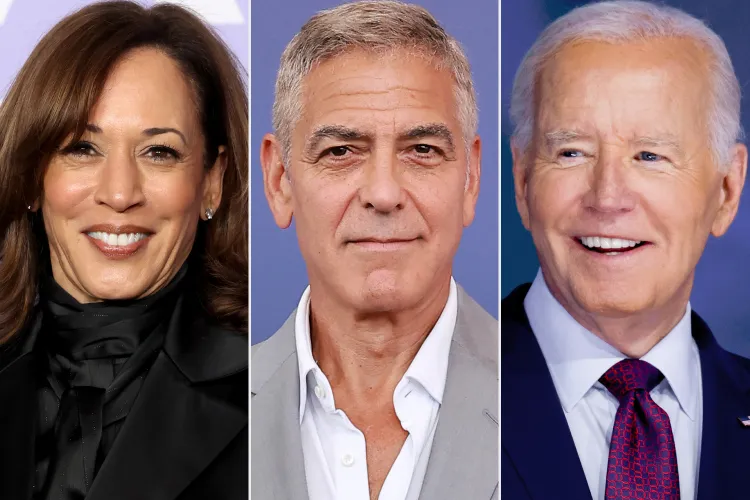FBI Director Kash Patel defends his “patriot” girlfriend Alexis Wilkins amid jet-use frenzy and online attacks
In a sharp and public response this weekend, FBI Director Kash Patel rose to the defense of his girlfriend, country-music singer Alexis Wilkins, amid a wave of online attacks and government-travel scrutiny. The spotlight fell on Patel after reports surfaced that a government-owned jet operated by the bureau he leads landed near State College, Pennsylvania, on October 25 — the same day Wilkins performed the national anthem at a wrestling event. The timing and optics triggered a firestorm of criticism from former federal agent-turned-podcaster Kyle Seraphin, who called the flight “a junket on taxpayers’ dime.”

Patel took to social media, calling the attacks on Wilkins “disgustingly baseless” and described her as “a true patriot and the woman I’m proud to call my partner in life.” He warned that silencing her voice “jeopardizes our safety,” and publicly slammed allies who remained quiet, writing, “To our supposed allies staying silent — your silence is louder than the clickbait haters.”
Wilkins, 26, stepped forward to address the media storm and the 19-year age gap between her and Patel, who is 45. She dismissed allegations that their relationship was part of espionage or improper influence, calling the claims “insanely ridiculous.” She recounted that the pair met in late 2022 at a conservative event and began their relationship in early 2023, which she said made the accusations “thin” from the outset.
The controversy shone a bright light on the rules and perception of agency travel. The FBI confirmed directors are designated “required use travellers,” meaning they must travel on government aircraft equipped with secure communications, and that personal flights must be reimbursed. A bureau spokesman emphasized that Patel reimbursed the cost of the trip. Still, the optics remain challenging. Some media outlets reported that a senior FBI aviation official, 27-year veteran Steven Palmer, resigned amid fallout from the disclosure of Patel’s travel logs. Critics say this move shows how sensitive the intersection of personal life and public office has become.

Supporters of Patel argue the episode shows his loyalty and willingness to stand up for those closest to him — traits they say define strong leadership. “He’s defending his partner and refusing to be shamed into silence,” one conservative commentator posted online. On the flip side, detractors warn of double standards: when high-ranking officials appear to leverage relationships and resources that average Americans cannot access, the trust gap between public service and personal privilege only widens.
For Wilkins, the moment is both a challenge and a transformation. She has built a modest but dedicated career as a country singer and conservative commentator, with collaborations and a patriotic message. Now she finds herself thrust into national-security headlines, her relationship and travel arrangements dissected. While her platform may have grown, so have the stakes.

Within the bureau and the political sphere, Patel faces a balancing act: his role demands national-security focus, yet his personal life is now under intense scrutiny. His readiness to respond openly may solidify his standing among his base, who favor direct communication and clear loyalty. Whether the controversy will compact or expand remains to be seen.
The broader narrative reflects changing expectations for public figures. In an era where private relationships and public responsibilities increasingly overlap, Patel and Wilkins’ story highlights how national-security personnel can become part of cultural conversations and partisan debate. The dance between transparency, privilege and media tone has rarely been so publicly choreographed.
As the dust settles, the incident poses a clear question: how do Americans judge personal relationships involving powerful leaders? Do optics matter as much as policies? Will the scrutiny of one official’s flight logs lead to reform of jet-use rules or simply fade from view? For the moment, the spotlight remains — but the outcome is open.



